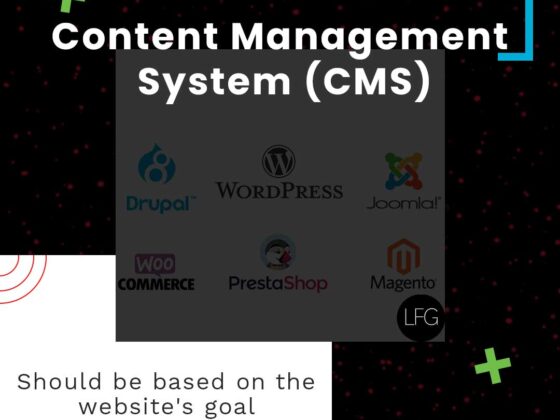To build a strong digital presence, it’s essential to understand the fundamental components required for creating a website. From choosing a suitable domain to ensuring robust technical support, each step is crucial for the success of your online business.
1. Domain: the foundation of your digital identity
Your domain is your web address, the unique identity that defines your online presence. It’s akin to your company’s address in the virtual world. When selecting a domain, consider brand consistency, ease of recall, and relevance to your target audience. It’s important to grasp the various types of domains, from generic ones like .com, .net, .org, to geographical ones like .co, .us, and third-level domains that combine both. Identify the type that best suits your needs and check its availability. Also, ensure compliance with specific requirements, such as the documentation needed for educational domains (.edu).
2. Hosting: your website’s home on the web
Once you have your web address, you need a place to host your site. Hosting provides space on web servers to store your site’s files and data, enabling it to be available online 24/7. When choosing a hosting service, consider factors such as speed, security, storage capacity, and technical support. There’s a wide range of hosting providers, from shared options to dedicated servers and cloud solutions. Research and compare different options to find the one that best suits your needs and budget. It’s often advisable to invest in a reliable and scalable hosting plan that can grow with your website as your business expands.
3. CMS: streamlining sontent management
Once you have your domain and hosting, you need a way to create and manage your website’s content efficiently. This is where a Content Management System (CMS) comes into play. A CMS is a platform that allows you to create, edit, and publish content on your website without the need for advanced technical knowledge. There are various options available, from open-source solutions like WordPress, Joomla, and Drupal, to commercial platforms like Shopify and Magento. When choosing a CMS, consider ease of use, flexibility, scalability, and community support. Choose a platform that aligns with your goals and business needs, allowing you to effectively create and manage your website long-term.
Conclusion: the importance of a comprehensive digital strategy
Build a website is just the first step towards online success. It’s crucial to understand that having a website doesn’t automatically guarantee success in the digital world. It’s important to develop a comprehensive digital strategy that includes search engine optimization (SEO), content marketing, social media, and other tactics to attract traffic and convert visitors into customers. Additionally, consider seeking professional help when necessary to ensure that your website meets your business objectives and provides an optimal experience for your users. Remember that the time and resources invested in creating and managing your online presence are an investment in the future success and growth of your business.


